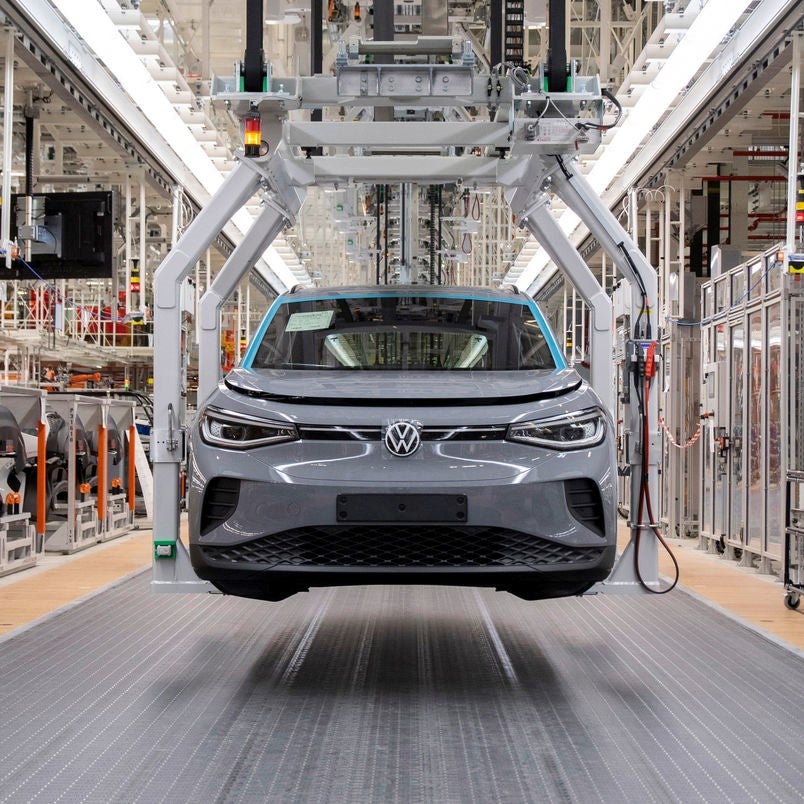
Sales of imported light passenger vehicles in South Korea fell 13% to 22,695 units in June 2022 from 26,191 a year earlier, according to the Korea Automobile Importers & Distributors Association (KAIDA).
Deliveries continued to decline last month as global vehicle manufacturers struggled with the ongoing shortage of semiconductors, with first half sales down 11% to 131,009 units from 147,757 units a year earlier. Sales by domestic manufacturers also fell 11% to 668,886 units.

Discover B2B Marketing That Performs
Combine business intelligence and editorial excellence to reach engaged professionals across 36 leading media platforms.
German owned brands accounted for 78% of total import sales year to date or 102,801 vehicles. Mercedes-Benz was the leading brand with sales down 7% at 39,197 units, helped by the launch of the battery powered EQS at the end of last year which sells alongside the EQA and EQC EVs. Earlier this year the automaker said it planned to launch four new models in this market in 2022, including the updated C-Class, battery-powered EQE sedan, EQB EV SUV and AMG EQS 53 4MATIC sedan, as well as the upgraded CLS four door coupe and AMG GT-4 coupe.
BMW six-month sales increased 4% to 37,552 units, lifted by the launch of the iX1 and iX3 EV SUVs at the end of last year, while Mini sales fell 6% to 5,776 units.
Volkswagen first half sales fell 26% to 6,502 units while Audi sales dropped 22% to 8,470 units with supply severely impacted by the global semiconductor shortage and the brands’ weak EV lines. Porsche sales were down 12.5% at 4,694 units.
The three brands’ recently renamed distributor, Volkswagen Group Korea, said it planned to launch 22 new and upgraded models this year to help reverse the recent decline, including the VW ID.4 EV SUV, Audi Q4 e-tron and A3 compact, along with several Bentley and Lamborghini models.
Volvo passenger vehicles sales fell 8% to 7,013 units year to date. The automaker launched the C40 Recharge EV in February, the first of seven battery electrics it plans to launch by 2030.
Lexus first half sales plunged 35% to 3,144 units. The company introduced the UX300e EV and NX450h hybrid SUVs earlier this month and plans to launch the RZ 450e EV large SUV next year, built on a dedicated platform, as part of its plans to go all electric by 2035.






